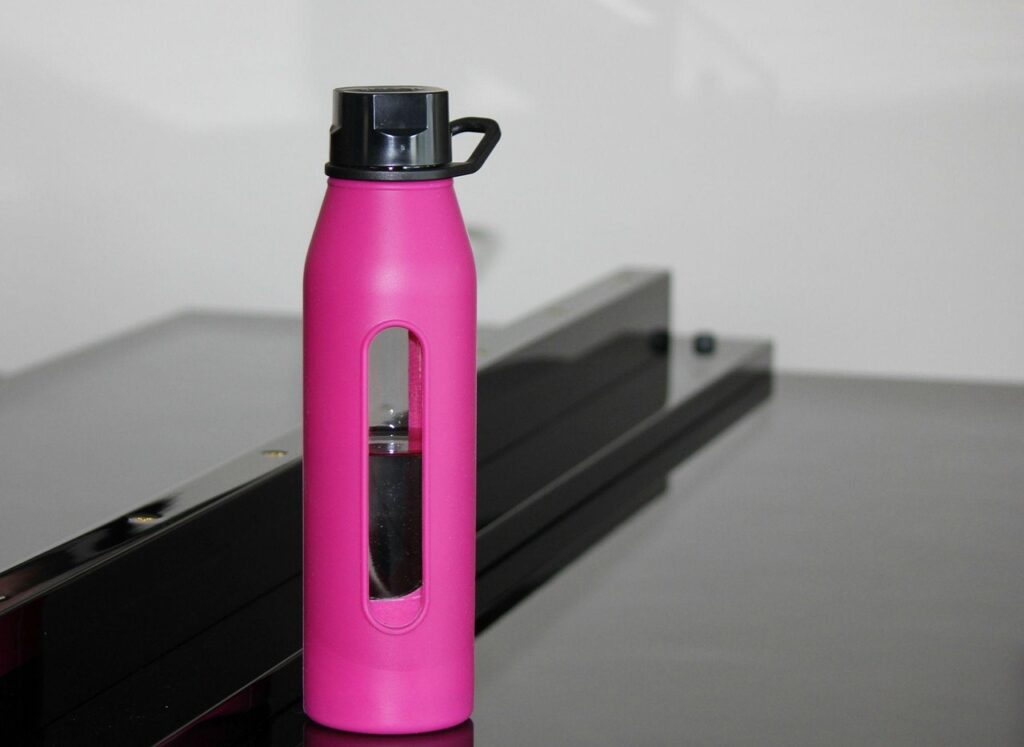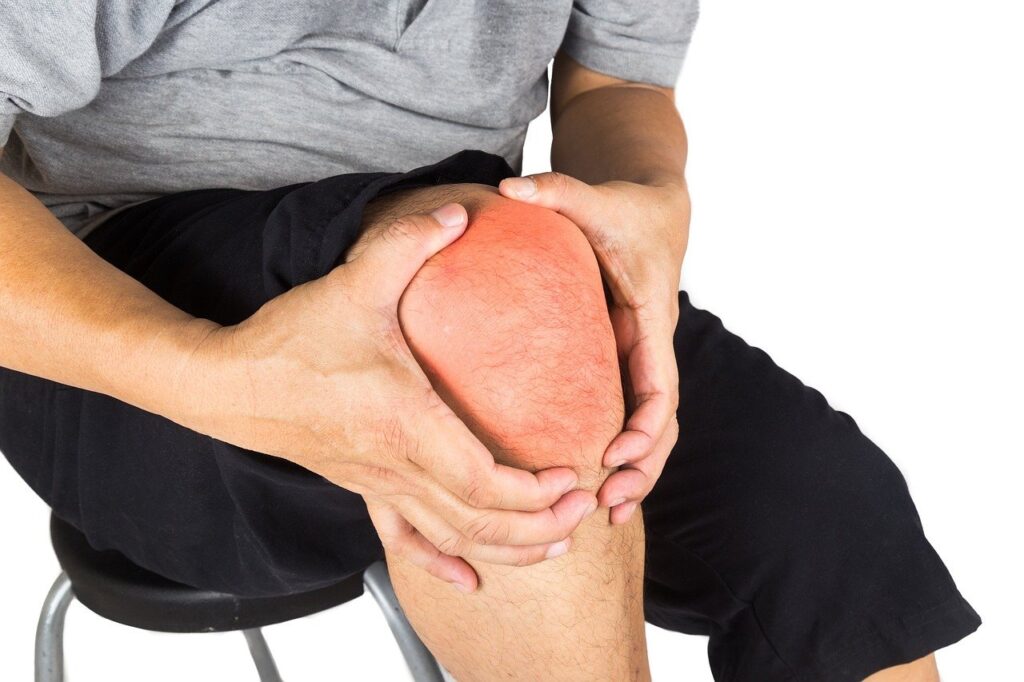If you have inflammatory bowel disease (IBD), you’ve probably had those moments of wondering, Why me? While some people with Crohn’s or ulcerative colitis seem to be stuck in an endless cycle of flares, others manage to keep their symptoms in check for years. No, it’s not magic. It’s not luck. There’s actually a pattern that separates those who stay in remission from those who struggle with constant flares—and understanding it might just change everything for you.
The truth is, managing IBD isn’t just about finding the right medication or avoiding certain foods. It’s about recognizing that there’s a bigger picture, a rhythm that the most successful patients follow. These people aren’t necessarily doing anything extreme, but they are incredibly consistent. And that’s the secret. They’ve built a lifestyle that supports gut health every single day, not just when symptoms get bad.
One major pattern among those who stay in remission? They prioritize stress management like it’s their full-time job. We all know stress makes everything worse, but for IBD patients, it’s a direct trigger for inflammation. The ones who stay flare-free often have some kind of daily ritual to keep stress in check—whether it’s meditation, yoga, deep breathing, or even just taking regular breaks throughout the day. They don’t wait until they’re overwhelmed; they make relaxation a habit.
Another key factor is sleep. While it’s tempting to think of sleep as something you’ll “catch up on later,” your gut isn’t so forgiving. The immune system resets itself overnight, and if you’re cutting your sleep short or constantly shifting your bedtime, you’re making it harder for your body to keep inflammation under control. Those who stay in remission often have a rock-solid sleep routine, treating it as non-negotiable rather than optional.
Diet, of course, plays a huge role, but it’s not just about avoiding trigger foods. People who rarely flare don’t just focus on what they can’t eat—they emphasize what they should eat to support gut healing. Instead of following drastic elimination diets, they stick to a pattern of eating that nourishes their microbiome. That means plenty of gut-friendly foods like cooked vegetables, lean proteins, and easily digestible nutrients, without constantly experimenting with extremes.
And then there’s movement. No, not intense workouts that leave you exhausted, but gentle, consistent movement that keeps the body balanced. Whether it’s walking, stretching, or low-impact exercise, those who stay in remission know that keeping their body in motion helps regulate digestion and reduce inflammation.
The biggest takeaway? It’s not about perfection. It’s about patterns. The people who don’t flare aren’t immune to stress, occasional bad food choices, or off days. But they don’t let those moments throw them completely off track. They come back to their routine, again and again, until it becomes second nature.
If you’ve been feeling like IBD is always in control, maybe it’s time to take a step back and look at the bigger picture. Finding the right pattern for your body might just be the thing that changes everything.








